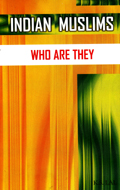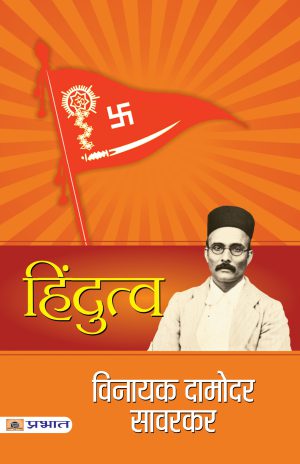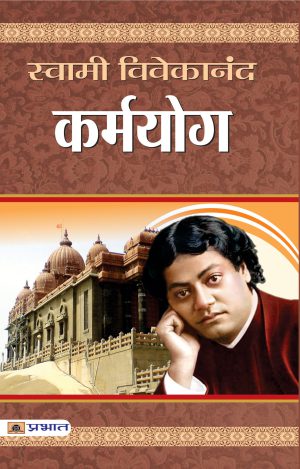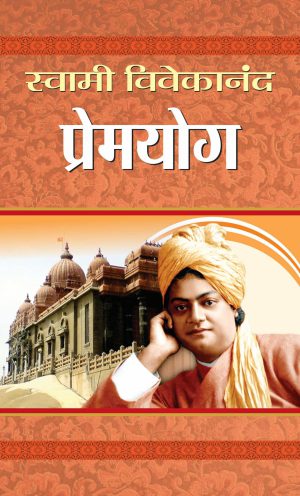Indian Muslims: who are they
Several factors have contributed to the growth of Muslim population in India-invading armies with their retinues, constant recruitment of soldiers from across the borders, red-carpet welcome extended to immigrants from Muslim countries, forcible conversions, proselytization by means of pressures and temptations, large-scale polygamy with Hindu women, and the proverbial Muslim fecundity enjoined by express statements of the Prophet who wanted his flock to be more numerous than any other people. Dr. K.S. Lal has documented in some fulness how the continued wars of conquest waged by the Islamic invaders ensured a constant supply of Hindu prisoners of war who were sold and resold as slaves and who eventually ended up by feeding the Muslim population. It may sound cruel but the Theology of Islam does prescribe capture and enslavement of non-combatant men, women and children of the infidels as a part of the legitimate booty promised by Allah to those who fight for enforcing his commandments. The history of Islam is replete with this practice. On the other hand, Dr. Lal examines in some detail and refutes conclusively the oft-repeated theory that the Hindu caste system was responsible for conversions to Islam. He points out that the countries in the Middle East, Central Asia and North Africa had no caste system and yet they succumbed completely to the onslaught of Islam. Hindus by and large resisted conversion even when the choice was between Islam and death; the pride they took in their caste, as in their religion and culture, was one of the powerful factors which prevented the Islamization of India. Micro-studies of Muslim communities in larger India including Afganistan will reveal that very few of their ancestors converted by choice to the invader’s faith, and that an overwhelming majority of them are Hindus in their origin, stock and religion. Such studies will also reveal to the Hindus that the so-called Muslims are mostly their own brothers, the lost tribes of Hinduism, who were separated from their fraternity under very special circumstances. Professor Kishori Saran Lal (1920-2002) took his doctorate degree in Medieval Indian History from the University of Allahabad in 1945. He has published a number of articles and monographs on Medieval Indian History About his History of the Khaljis (revised, 1967), the Times Literary Supplement, London, wrote: This book is unlikely to be superseded. The statement holds good for his other works also. All his books have met a world-wide acclaim.;
Rs.175.00
Publisher : Voice of India
Author : Lal, KS
ISBN : 9788185990101
Binding : Paperback
Language : English
| Weight | 0.350 kg |
|---|---|
| Dimensions | 8.7 × 5.57 × 1.57 in |
Based on 0 reviews
Only logged in customers who have purchased this product may leave a review.






There are no reviews yet.